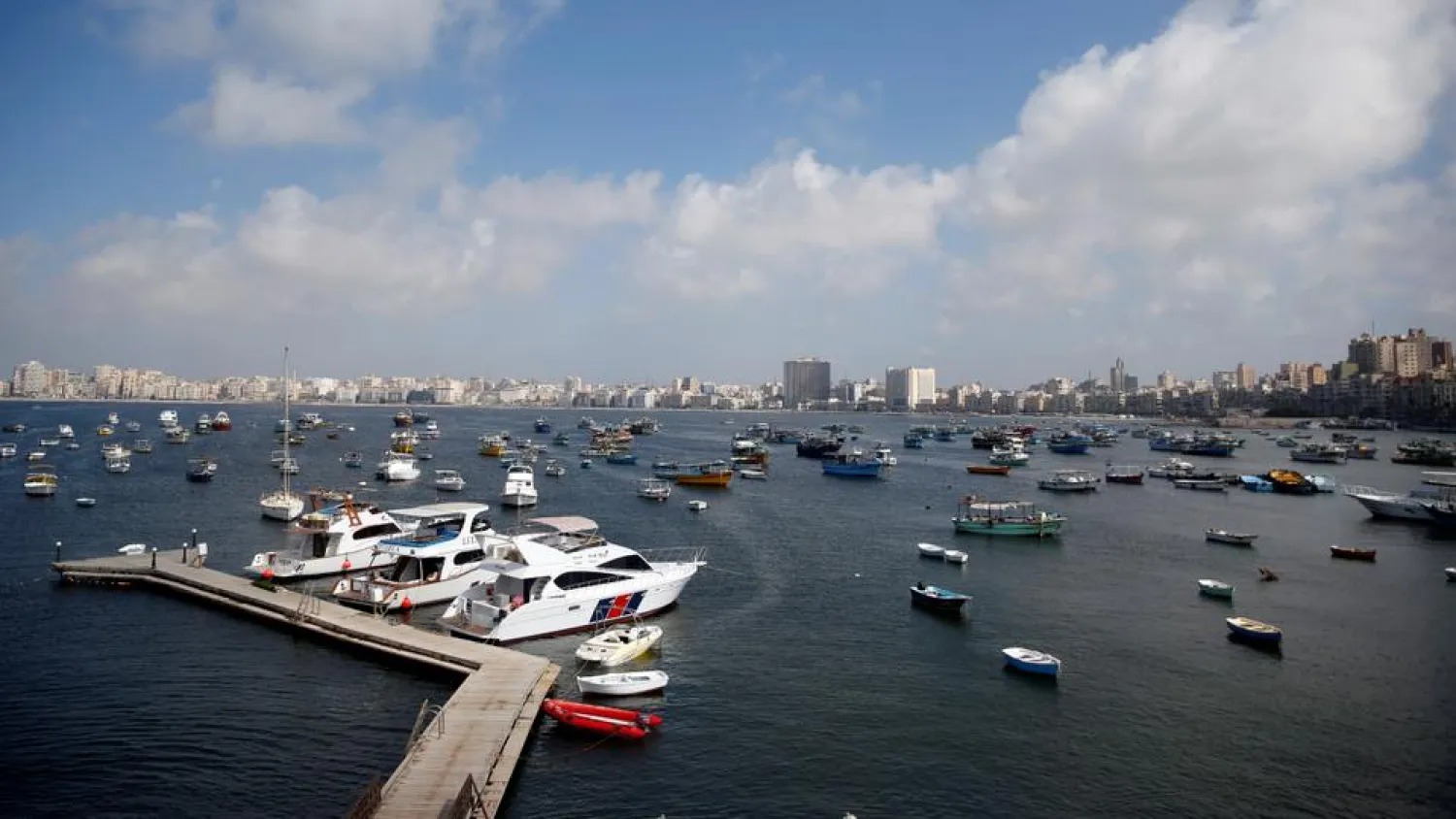Indian refiners are avoiding Russian oil purchases for delivery in April and are expected to stay away from such trades for longer, refining and trade sources said, a move that could help New Delhi seal a trade pact with Washington, according to Reuters.
The US and India moved closer to a trade pact on Friday, announcing a framework for a deal they hope to conclude by March that would lower tariffs and deepen economic cooperation.
Indian Oil, Bharat Petroleum and Reliance Industries are not accepting offers from traders for Russian oil loading in March and April, said a trader who approached the refiners.
These refiners, however, had already scheduled some deliveries of Russian oil in March, refining sources said. Most other refiners have stopped buying Russian crude.
A foreign ministry spokesperson said: “Diversifying our energy sourcing in keeping with objective market conditions and evolving international dynamics is at the core of our strategy” to ensure energy security for the world's most-populous nation.
Although a US-India statement on the trade framework did not mention Russian oil, President Donald Trump rescinded his 25% tariffs on Indian goods, imposed over Russian oil purchases, because, he said, New Delhi had “committed to stop directly or indirectly” importing Russian oil.
New Delhi has not announced plans to halt Russian oil imports.
India became the top buyer of discounted Russian seaborne crude after Russia invaded Ukraine in 2022, spurring a backlash from Western nations that had targeted Russia's energy sector with sanctions aimed at curtailing Moscow's revenue and making it harder to fund the war.
One regular Indian buyer is Russia-backed private refiner Nayara, which relies solely on Russian oil for its 400,000-barrel-per-day refinery. Sources said Nayara may be allowed to keep buying Russian oil because other crude sellers pulled back after the European Union sanctioned the refiner in July.
Nayara also does not plan to import Russian crude in April due to a month-long refinery maintenance shutdown, a source familiar with its operations said.
Nayara did not respond to an email seeking comment.
Indian refiners may change their plan and place orders for Russian oil only if advised by the government, sources said.
Trump's order said US officials would monitor and recommend reinstating the tariffs if India resumed oil procurement from Russia.
Sources said last month that India was preparing to cut Russian oil imports below 1 million bpd by March, with volumes eventually falling to 500,000–600,000 bpd, compared with an average 1.7 million bpd last year. India's Russian oil imports topped 2 million bpd in mid-2025.
The intake of Russian oil by India, the world's third-biggest oil consumer and importer, declined to its lowest level in two years in December, data from trade and industry sources show.









